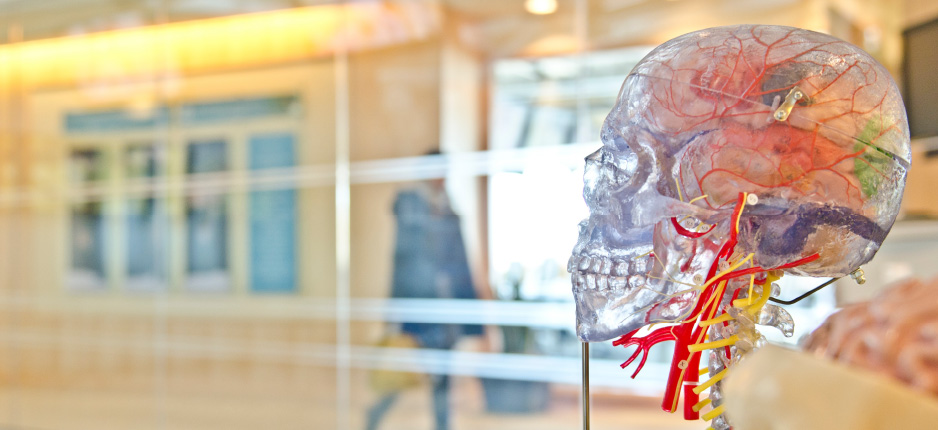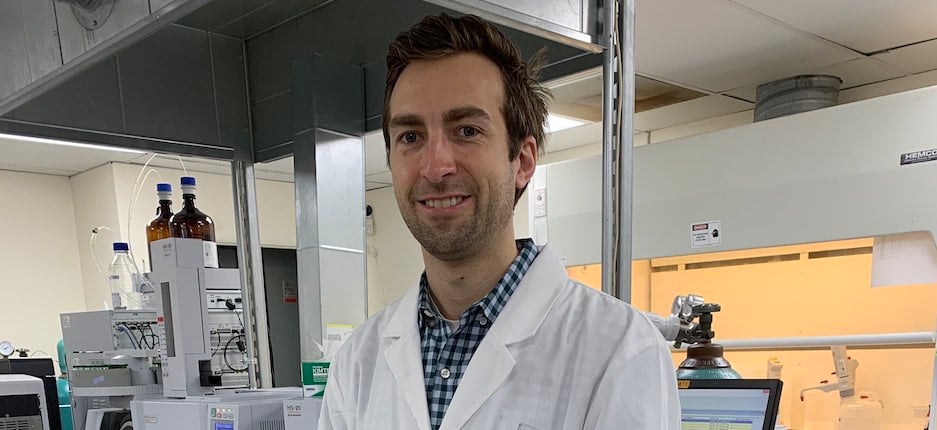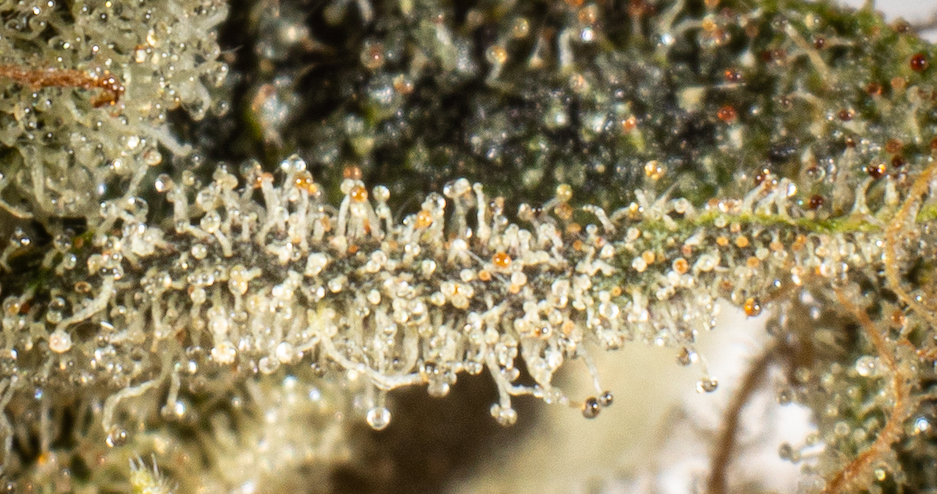What is the Endocannabinoid System?
The endocannabinoid system (ECS), sometimes referred to as our ‘universal regulator’ by scientists, plays a very important role in our health and survival. It’s named after the plant that led to its discovery (you guessed it, cannabis!) but is active in your body even if you don’t use cannabis.
Medical experts are still trying to fully understand the ECS, but here’s what we know it regulates:
- Sleep
- Mood
- Appetite and digestion
- Memory
- Reproduction and fertility
- Temperature regulation
- Immune function
- Pain and inflammation
- Pleasure/reward
Read on to learn more about the endocannabinoid system, including how it works, what happens when you’re deficient, and how it interacts with cannabis.
What is the endocannabinoid system?
The word “endocannabinoid” is the combination of two terms: “cannabinoid,” which comes from the word “cannabis,” and “endo,” short for “endogenous,” which means something that is produced naturally inside of your body. So, quite literally, “endocannabinoid” means cannabis-like substances that occur naturally in our bodies.
The ECS itself is made up of three unique parts:
- Endocannabinoids
- Receptors in the nervous system and around your body that endocannabinoids and cannabinoids bond with
- Enzymes that break down cannabinoids and endocannabinoids
As mentioned before, it’s not just an important and natural part of our bodies, but a crucial one. Without the endocannabinoid system, we wouldn’t be able to control homeostasis, or the ability of our bodies to stabilize their internal environment. For example, an injury or a fever throws off our body’s homeostasis, and the ECS kicks in to help our body return to its ideal operation.
Although the ECS regulates things like sleep, appetite, and memory, experts believe that maintaining homeostasis is its primary function.
How do THC and CBD interact with the ECS?
THC, or tetrahydrocannabinol, is one of the main cannabinoids found in cannabis. Once in your body, it interacts with your ECS by binding to its CB1 and CB2 receptors, just like endocannabinoids do. This allows it to have a range of effects on your body and mind, some beneficial (pain reduction, appetite stimulation, stress relief) and some not (paranoia, anxiety).
Medical experts are currently looking into ways to produce synthetic THC cannabinoids that only interact with the ECS in beneficial ways, but there’s still a lot of work to do in this area.
CBD, on the other hand, doesn’t bind to CB1 and CB2 receptors, but it still has beneficial influences on the endocannabinoid system. Many experts believe that it prevents endocannabinoids from breaking down, and others believe it binds to a receptor that hasn’t been discovered yet.
Regardless, research suggests that CBD can help with pain, nausea, and other symptoms associated with multiple conditions (and influenced by the ECS.)
Endocannabinoid deficiency
Yes, there’s such a thing as endocannabinoid deficiency. And yes, it’s tied to some common conditions. Clinical endocannabinoid deficiency (CECD) isn’t a disease in itself but is an umbrella term that encompasses conditions with this common feature.
Conditions for which there is evidence that CECD may play a role include:
- Fibromyalgia
- Migraine
- Irritable bowel syndrome
The above conditions are sometimes called “functional conditions” or “central sensitivity syndromes” and tend to be resistant to most treatments. Researchers are looking into cannabis-based treatments for these conditions, but as with many aspects of medicinal cannabis, more research needs to be done.
Other treatment options
As we’ve discussed before on our patients blog, cannabinoids are being researched as potential treatments for all kinds of conditions, not just endocannabinoid deficiency.
Some of the illnesses they’re being researched (and sometimes prescribed) for include:
- Alzheimer’s
- Cardiovascular disease
- Acute and chronic kidney disease
- Autoimmune diseases
- Chronic inflammatory diseases
- Chronic pain conditions
Right now, CBD is already in use for pediatric epilepsy, pain, inflammation, acne, chemotherapy side effects, and asthma, among other conditions.
A word from CULTA
Although cannabis is legal for medical use in some states, and is legal for recreational use in others, legalizing it on a federal level not only opens up treatment options for a lot of people, but could speed up medical research on CBD, THC, and their effects on various medical conditions.
To join us in the fight for cannabis legalization, read our blog on What You Can Do to Legalize Cannabis in Your State.



